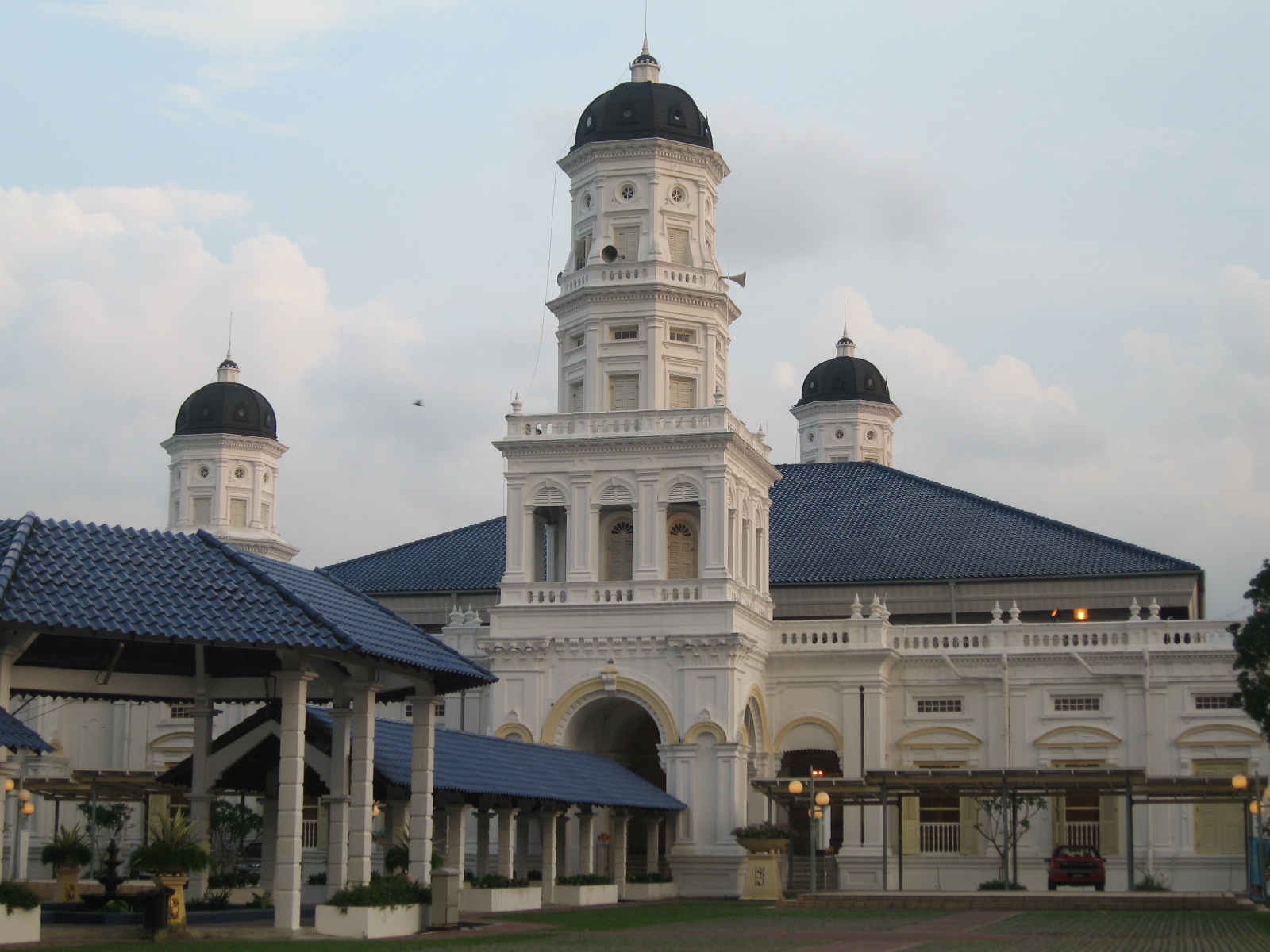If someone asked you who you are, how would you answer?
Identity is a tricky thing. You could describe yourself by your country of birth or your job. Or perhaps ethnicity or religious group.
Your answer likely depends on which identity is most important to you. And as a recent survey conducted by the ISEAS-Yusof Ishak Institute has shown, a majority of Johore's Malay citizens consider themselves Muslims first and foremost.
Religion first
The study surveyed 2,011 respondents in Johor, comprising 1,104 (55%) Malays, 758 (38%) Chinese and 149 (7%) Indian.
According to the survey, 56.5 per cent of the Malay respondents prioritised their religious identity first, before their identities as a Malaysian citizen, then a Johorean, then finally a Malay.
This may be linked to how Malay respondents viewed Malaysia itself. 89 per cent of Malay respondents agreed that Malaysia is an Islamic country, compared to 34 per cent of Chinese respondents and 28 per cent of Indian respondents.
This majority also believe that increased Islamic religiosity is a positive development for society.
Aside from identity, the survey also revealed increasingly conservative views on religion among the respondents. 60 per cent of all respondents think that hudud laws -- punishments under religious shariah law, such as cutting off someone's hand for thievery -- should apply to Muslims.
However, 57 per cent of Malay respondents think that the hudud should apply to all Malaysians, whether they are Muslim or not.
[related_story]
Implications on domestic politics
According to ISEAS fellow Norshahril Saat, such conservatism was previously thought to be common only in rural states like Kelantan and Kedah.
But the survey shows a rising trend of religiosity in prosperous, cosmopolitan states like Johor too.
Politicians have been paying attention. The survey shows that:
- 81 per cent of Malay respondents feel that the religion of a political candidate is important to them.
- 84 per cent of Malay respondents want Muslims to occupy a majority of state government seats.
And if the majority of the voters feel that way, the path forward is clear.
On Nov. 23, Deputy Minister in the Prime Minister’s Department Asyraf Wajdi Dusuki said that atheism in Malaysia should not be allowed as it goes against the country's constitution.
"Atheism contradicts the first principle of the Rukunegara, which is a belief in God. We need to understand, that in the Malaysian context, our Federal Constitution states that freedom of religion is not freedom from religion. It is unconstitutional to say we can spread ideologies that incite people to leave a religion or profess no religion at all."
Asyraf was speaking in Parliament. His remarks were met with derision overseas, including from famed atheist Richard Dawkins.
But one imagines that Asyraf was pitching his remarks for a more domestic audience.
A Sultan committed to religious harmony
Despite this trend, the Sultan of Johor has been pushing back against certain developments that discriminate against non-Muslims in his state.
He harshly rebuked a launderette owner who said that his establishment was open to Muslims only, saying that Johor was not a "Taleban state".
The Sultan also sends good wishes to Johoreans during non-Muslim holidays like Deepavali, Chinese New Year and Christmas, despite certain Islamic preachers who declare it a horrible sin.
In fact, the Sultan has taken steps to bar those same preachers from preaching in Johor, despite Malaysia's federal government having no problem with allowing their activities to take place.But these moves have not seemed to dent the Sultan's popularity. 94 per cent of all Johoreans think that the Sultan is a "good guardian" of Islamic values, and 87 per cent of all Johoreans are satisfied with the performance of the Royal Family.
As the importance of religion grows, so too does the importance of leaders who speak out against religious intolerance. Said S. Rajaratnam School of International Studies analyst Rashaad Ali:
"Perhaps in this regard, it bodes well for Johor compared to the rest of the nation, since their leader is willing to speak out against religious intolerance. Indeed, his assurances have put many Malay moderates and minority races at ease."
Top image by Terence Ong via Wikimedia Commons.
Here's a totally unrelated but equally interesting story:
Mums share their experience in helping their kids go cashless
If you like what you read, follow us on Facebook, Instagram, Twitter and Telegram to get the latest updates.
